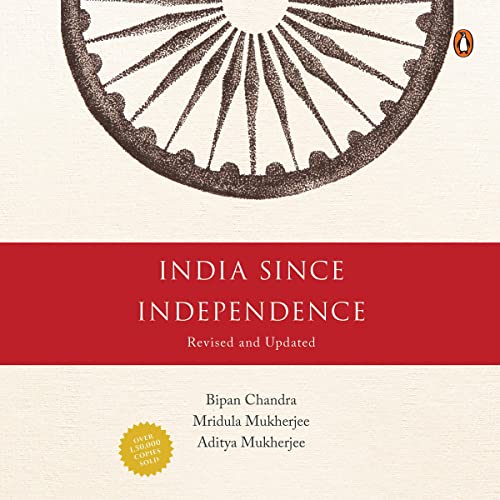One of the book's strengths is its balanced and well-researched approach. The authors draw from a wide range of primary and secondary sources to present a multifaceted view of India's political and economic landscape. They analyze the complexities of Indian democracy, the challenges of governance, and the evolution of political ideologies and movements.
The book also explores significant socio-cultural changes and developments, including shifts in caste dynamics, the role of women in Indian society, and the impact of globalization on culture and identity. Additionally, it covers key foreign policy decisions and India's role in international affairs.
"India Since Independence" does not shy away from discussing contentious issues and challenges that India has faced, including regional conflicts, economic disparities, and social inequalities. It offers a critical examination of the successes and failures of India's development and governance initiatives.
While the book is comprehensive and informative, it is worth noting that it can be quite dense and detailed, making it more suitable for academic or serious readers interested in a deep dive into India's post-independence history. For those seeking a lighter or more narrative-oriented exploration of India's history, alternative books may be more suitable.
In conclusion, "India Since Independence" by Bipan Chandra, Mridula Mukherjee, Aditya Mukherjee, and Sucheta Mahajan is a highly regarded and respected resource for understanding the complex history of India in the post-independence period. It provides a comprehensive and critical examination of India's political, economic, social, and cultural evolution, making it an essential read for those interested in the nation's modern history and the challenges and opportunities it has faced since gaining independence.




Comments (0)